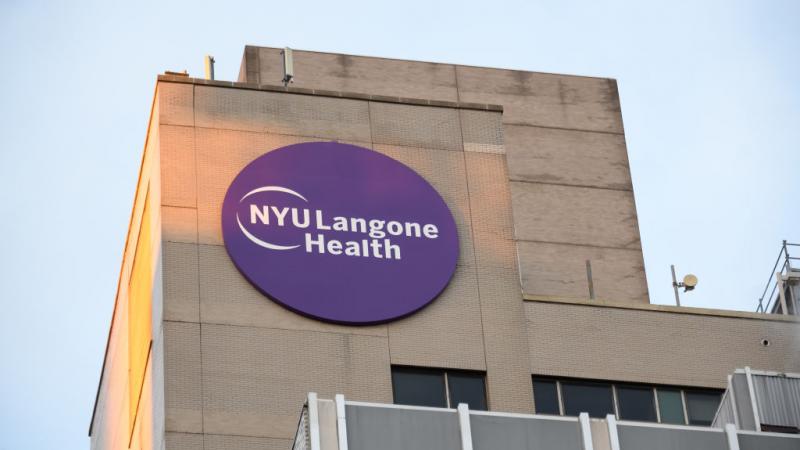NIH renews grant to organization that funded coronavirus experiments in Wuhan
The organization confirmed that it had "revised" the aims of its experiments amid "ongoing concerns by removing all on-the-ground work in China and all recombinant virus culture or infection experiments."
The National Institutes of Health have renewed a grant to EcoHealth Alliance, an organization that funded experiments in Wuhan at a facility identified as the possible origin point of the COVID-19 pandemic.
EcoHealth announced the renewal on Monday, noting that the grant had been suspended in April of 2020 "due to concerns about continuing collaborative laboratory research with the Wuhan Institute of Virology." EcoHealth's experiments involved on-site work at the WIV and involved the study of coronaviruses.
Formerly maligned as a conspiracy, the notion that the pandemic emerged as the result of a lab leak has increasingly gained traction among federal agencies such as the Department of Energy and the FBI. "The FBI has for quite some time now assessed that the origins of the pandemic are most likely a potential lab incident in Wuhan," FBI Director Christopher Wray said in April.
EcoHealth has come under repeated scrutiny for its failure to disclose taxpayer-funded grants and faced criticism from the NIH itself for its "failure to comply with several elements of the terms and conditions of grant awards." Conservative watchdog group Judicial Watch in April obtained records from the Department of Health and Human Services showing that the NIH had approved grants to EcoHealth to conduct experiments at the Wuhan Institute of Virology. Those projects sought to study interspecies transmission of coronaviruses and to create "mutant" strains of the virus.
The organization confirmed that it had "revised" the aims of its experiments amid "ongoing concerns by removing all on-the-ground work in China and all recombinant virus culture or infection experiments." Those aims include:
(1) identifying high-spillover risk bat SARSr-CoV sequences in southern China and assessing drivers of recombination; (2) conducting community- and clinic-based surveillance of archived pre-COVID-19 human samples to identify SARSr-CoV spillover events, routes of exposure, and potential public health consequences; and (3) characterizing SARSr-CoV binding, ability to evade therapeutics/vaccines, and identifying spillover hotspots.
They further acknowledged that they had agreed to additional oversight by the NIH and would collaborate solely with the Duke-National University of Singapore Medical School.
The White Coat Waste Project, a watchdog group that monitors federal spending on animal experimentation, excoriated the grant renewal.
"The batty taxpayer-funded grant that bankrolled EcoHealth Alliance’s dangerous animal experiments in Wuhan that probably prompted the pandemic should be de-funded, not re-funded," said WCW Senior Vice President Justin Goodman in a statement. He went on to assert that EcoHealth had "violated a federal ban on gain-of-function research, repeatedly broke transparency law, and obstructed investigations into COVID’s origins."
Ben Whedon is an editor and reporter for Just the News. Follow him on Twitter.
















